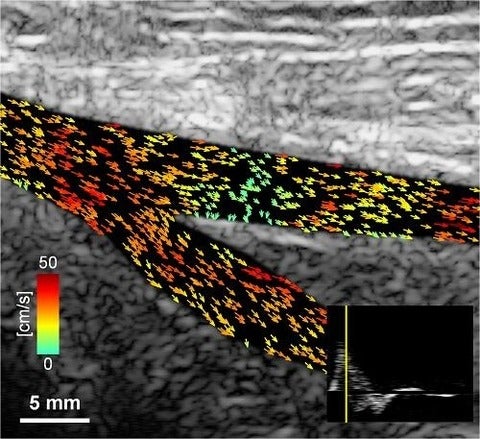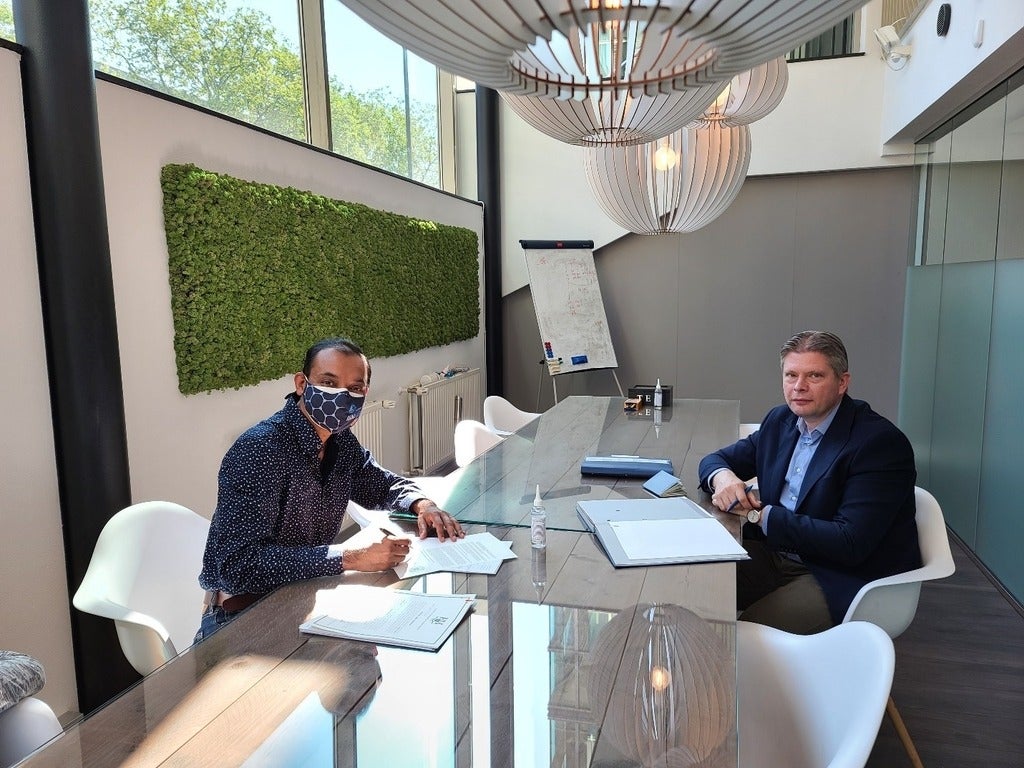WIN Members Linda Nazar, Zhongwei Chen, Juewen Liu, Aiping Yu made the Clarivate Highly Cited Researchers 2023 list
Twelve University of Waterloo faculty members have been named on the annual Highly Cited Researchers™ 2023 list from Clarivate.
In addition, one former postdoctoral researcher and a PhD candidate also made the list.



